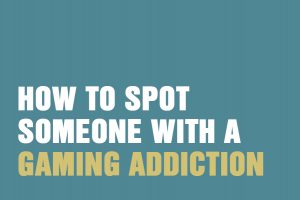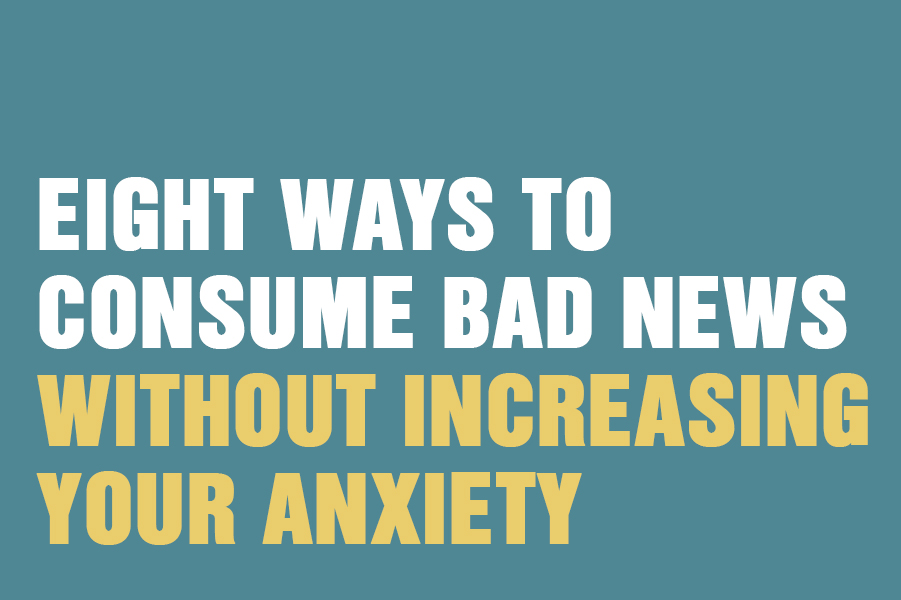If you’ve ever had a flashback, you’ll know how disorientating and terrifying it can be. Flashbacks are known to be a symptom of post-traumatic stress disorder (PTSD) where the person can literally see and hear the traumatic event as if it were happening again right now. Yet there is also a kind of flashback that may not include visual or auditory aspects, and instead is more of a feeling – as though thrown back into the threatening circumstances from childhood.
Emotional flashbacks are often associated with a diagnosis of complex trauma, or c-ptsd. Complex trauma can occur from ongoing adverse childhood conditions, including abuse, neglect or abandonment – especially if the perpetrator was close to the child (such as a parent or other relative). Complex trauma symptoms can also develop if the child’s parents were busy or emotionally unavailable. It can feel traumatic for children not to receive regular, consistent, unconditional love when they want and need it – and this can create attachment issues that play out in adulthood.
If a child is being abused, neglected or ignored, he or she doesn’t have many options: he or she is too tiny to fight back or tell the perpetrator to stop, so often the response is to freeze, submit or dissociate as a way of coping with something intolerable. Fast forward to adulthood and people with c-ptsd may find themselves triggered and catapulted back to those feelings of being trapped, scared, with no options for escape. That re-experiencing in the here-and-now of those original feelings is an emotional flashback.
What do emotional flashbacks feel like?
An emotional flashback can be triggered by a situation, a circumstance or an event that reminds you exactly what happened to you in childhood. You can feel transported back to those feelings of helplessness and despair, with no safe parental figure around to make it all better.
Psychotherapist Pete Walker, who has written extensively on emotional flashbacks and complex trauma, says: “Emotional flashbacks are sudden and often prolonged regressions (‘amygdala hijackings’) to the frightening circumstances of childhood. They are typically experienced as intense and confusing episodes of fear and/or despair – or as sorrowful and/or enraged reactions to this fear and despair.”
On top of that, people experiencing an emotional flashback can feel lonely and ashamed and humiliated for having those feelings – reinforcing an innate sense that there is fundamentally something wrong with them.
You can feel as powerless and distressed when the original events happened. For example, a woman with c-ptsd or insecure attachment could be waiting to hear from a relatively new partner about a next date, but the text or phone call doesn’t come. The woman may then feel triggered and descend into extreme feelings of abandonment and rejection which may tap into original feelings she had when a parent was meant to pick her up and forgot about her. The woman in the here and now experiences those same childhood feelings – which may be out of proportion to the situation in hand. The woman may act out on these feelings – for example, by making multiple calls to the new partner until they pick up, or by texting the new partner and ending the relationship. She may be taking control, but she may still be re-enacting the original wound. She then feels bad about herself, and this reinforces her belief that she is unlovable.
How to cope with emotional flashbacks
Identify your triggers
Once you begin to recognise the things that trigger you (people, situations, relationship dynamics etc) you can take steps to reassure yourself when you start to become triggered. Awareness is everything.
Talk yourself down
Pete Walker recommends saying to yourself: “I’m just having a flashback. There is no danger here. I am safe.” Act like the wise, protecting parent you may not have had to reassure your scared inner child that you’re OK.
Take deep breaths
Breathing deeply from below the naval into your abdomen over a couple of minutes will bring you back into your body and back into the here and now. Make the out-breath a beat longer than the in-breath for maximum effect.
Soothe your senses
Sensory information around you (from your sight, sound, taste, touch or smell) may be triggering the scared part of your brain and the flashback response. Soothe your senses with something reassuring to look at, music that relaxes you, a scent that transports you to a safe place, or an object you can touch to ground and centre you.
Don’t beat yourself up
You’re not a bad person for having an emotional flashback, or an exaggerated response to a current stressor or trigger. You simply had a moment that took you back to the past. That doesn’t make you a faulty individual.
Think about therapy
Working on an open-ended basis with an experienced therapist will enable you to identify coping strategies for your day-to-day challenges, as well as working with the wounded inner child and helping it to process what happened way back when.
If you’ve been experiencing emotional flashbacks, or other post-traumatic symptoms, you may want to reach out to a therapist for support. At The Awareness Centre we have a team of counsellors, psychotherapists and psychologists offering sessions seven days a week from our centres in Clapham and Tooting. Email us on [email protected] or call 020 8673 4545 for an initial discussion and to book your first appointment.








5 Comments. Leave new
Thanks heaps . I think the line between emotional only and what happens when child gets older ie flash back with physical recall will be blurred. Maybe care givers/parents can inflict trama by response to aberant activity between children. What you say to them for such behavior will be taken quite literally. in emotion age recall stage. They probably have issues relating to knowledge beyond years. Such as all the phycological stuff to come from gaining such exparances.
Thanks for your comments. We’re pleased to hear our blog post resonated with you. Children can take parents’ comments literally, and what they take on board can hang around and reappear as flashbacks when they’re older. If you’re experiencing them yourself, and they’re becoming an issue for you, then do reach out for professional support.
I’ve recently been DX with C-PTSD from long term domestic violence. How do emotional flashbacks take place for this vs the C-PTSD emotional flashbacks for childhood trauma. The latter seems to be the norm that is mostly discussed therefore must be more common for C-PTSD. Do you have an article addressing this side of C-PTSD and emotional flashbacks? Thanks.
Hello. Thanks for taking time to read our blog and post your comments. Flashbacks can be incredibly intense and distressing, making you feel you’re right back at the original horrifying event. We’re sorry to hear you’ve been through long-term domestic violence. We haven’t yet created an article that looks at flashbacks and domestic violence, but we will do so in response to your request.
Hi it only happens now and then so 3yrs ago my son slammed his bedroom door shut and took my daughters finger off it was horrible but every now and then I see it all again happening it comes back a lot when I see the fire fighters frist responder drive past me or if its parked I see it all and then just cry, how can I stop it and it probley sounds silly.